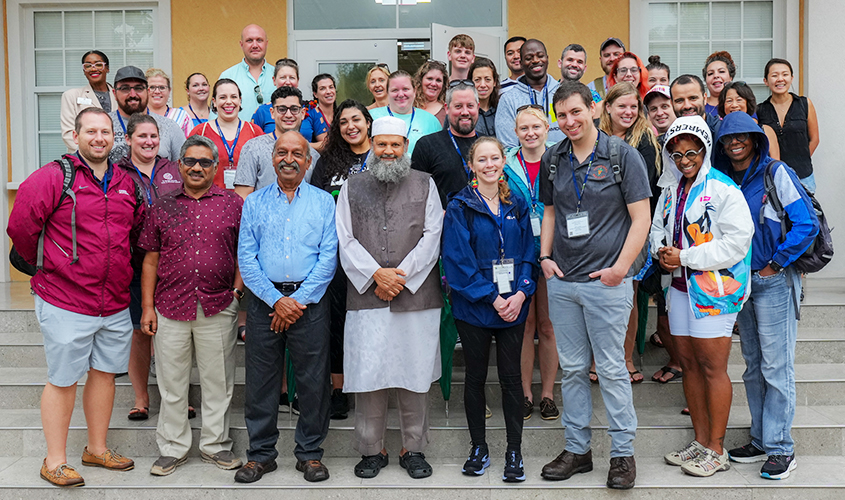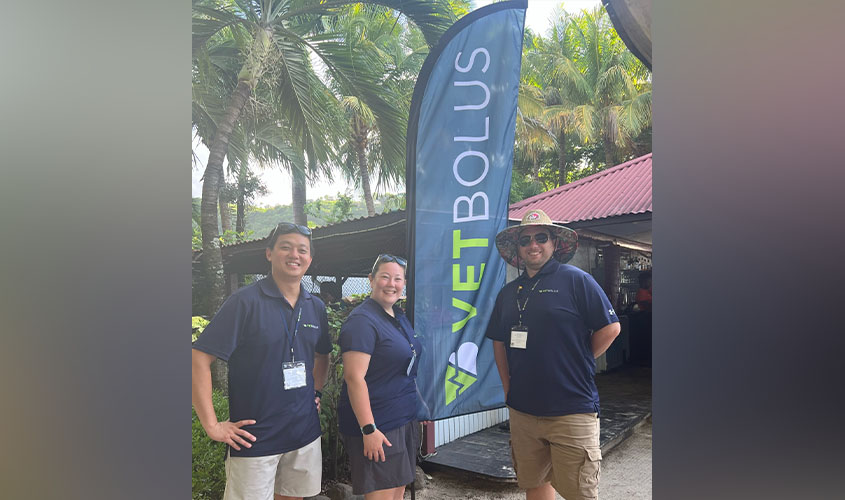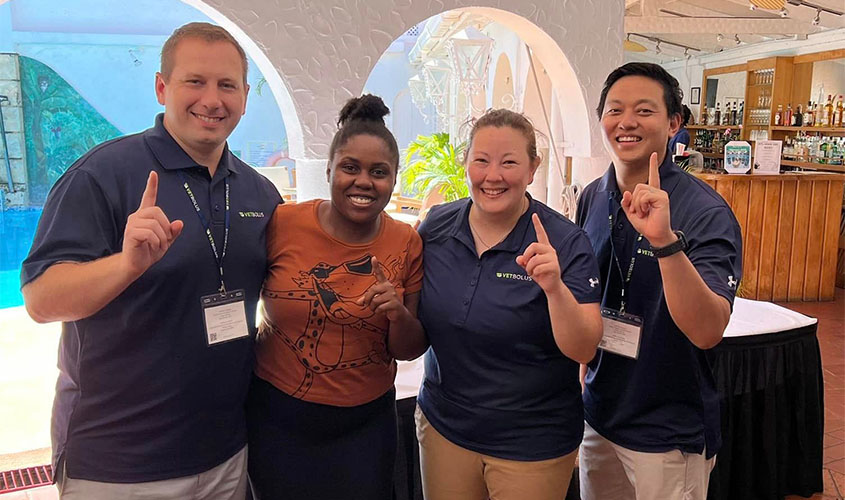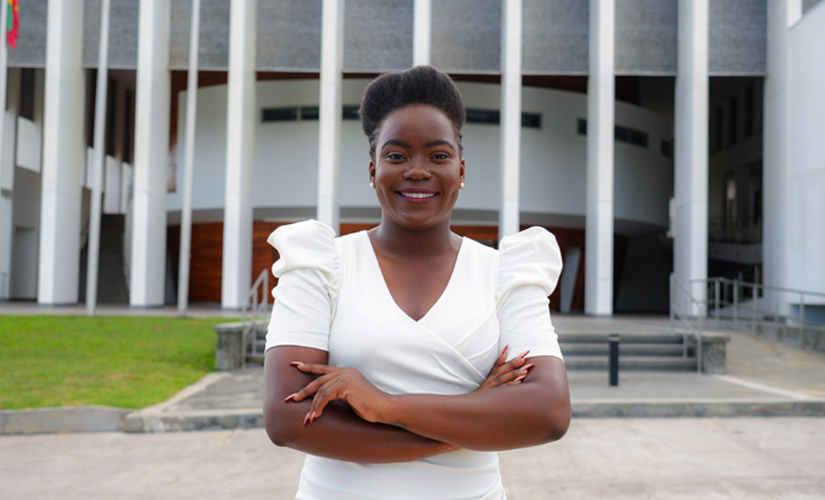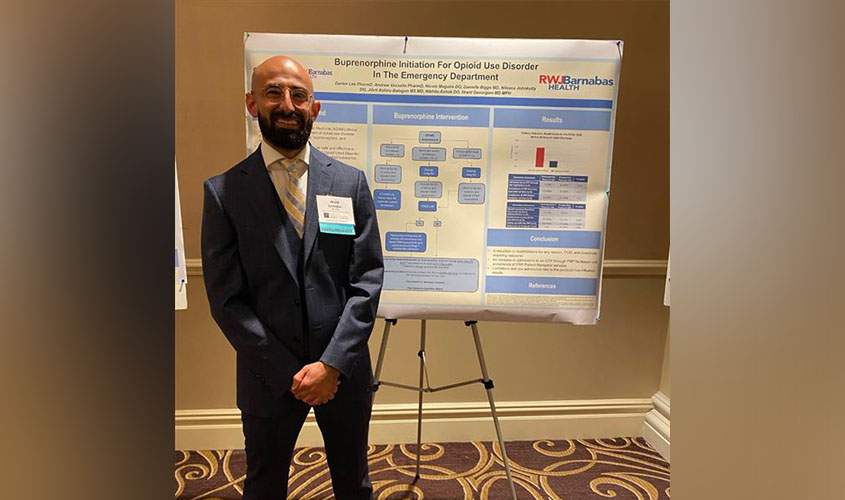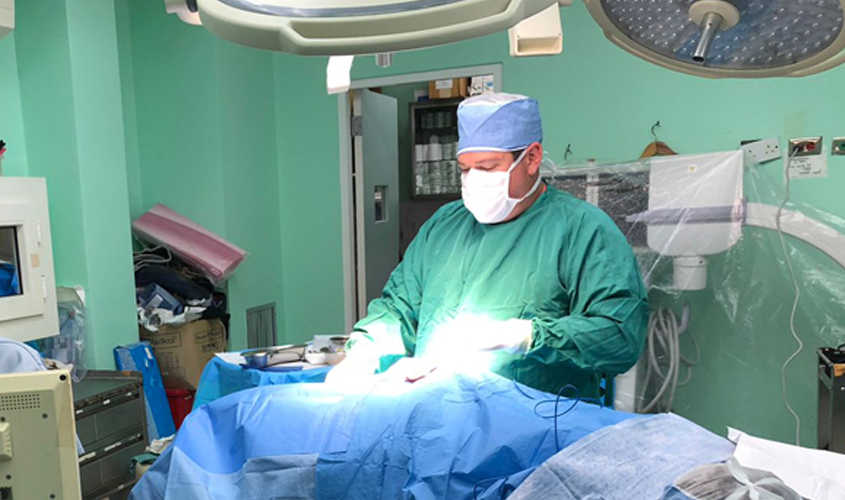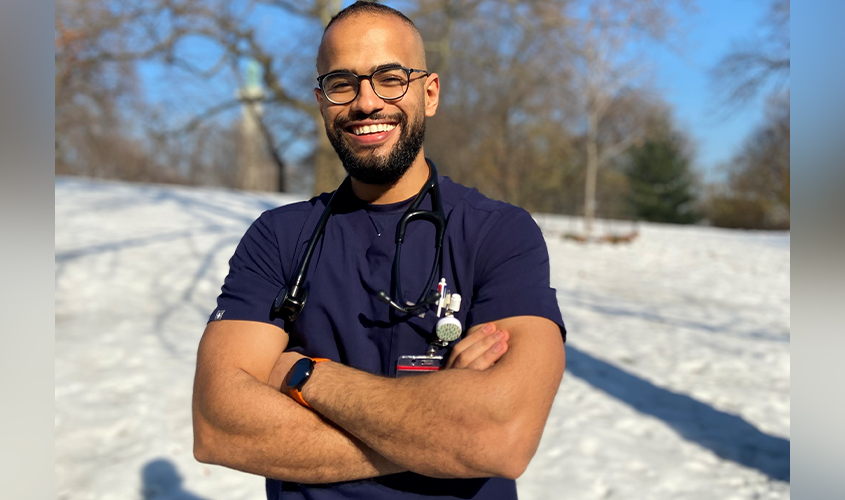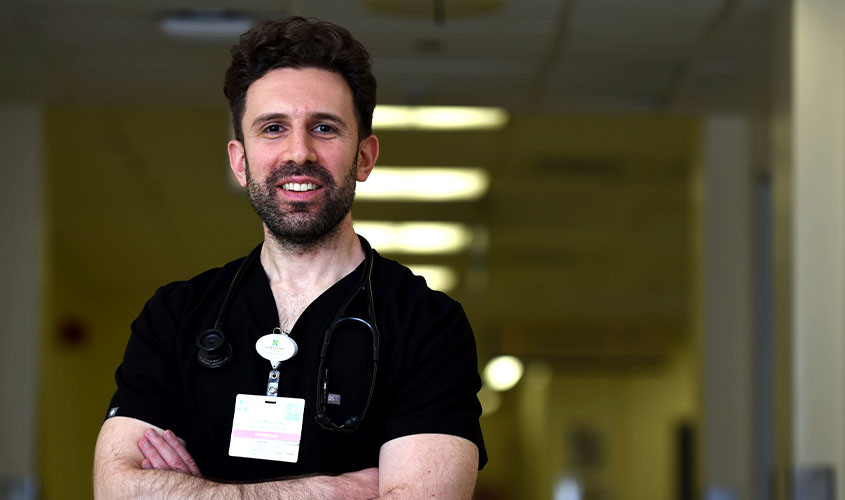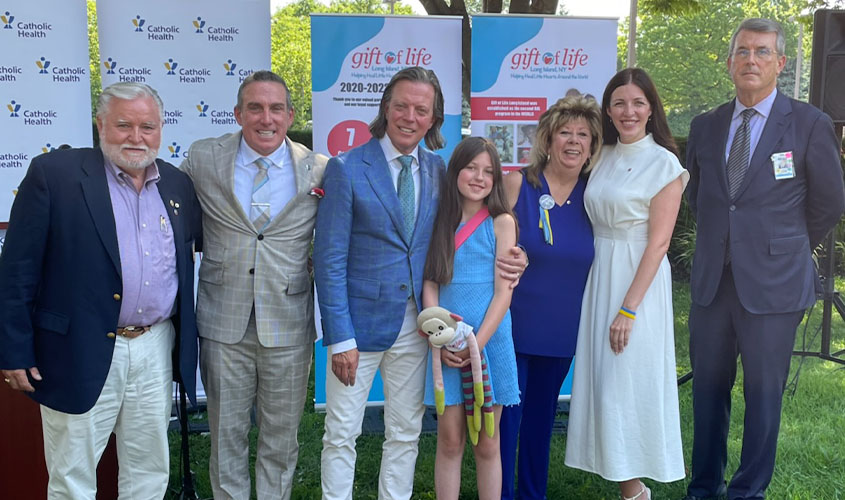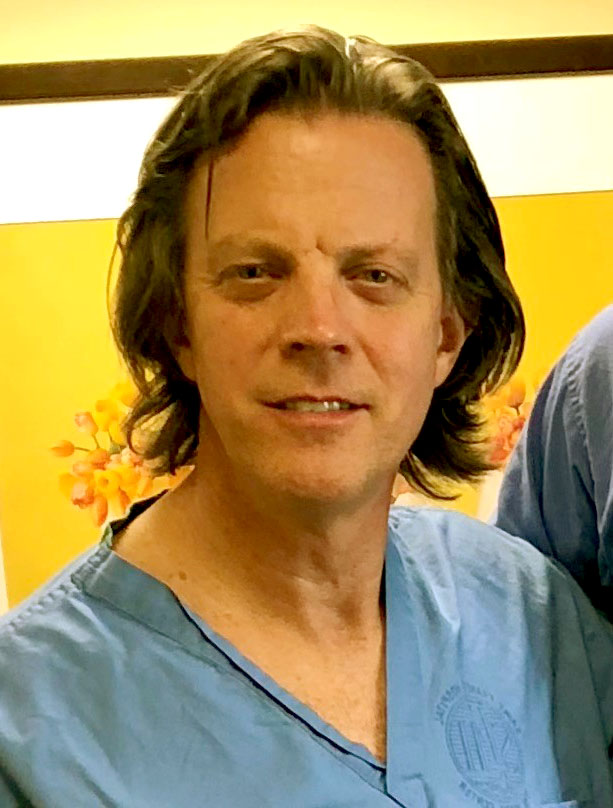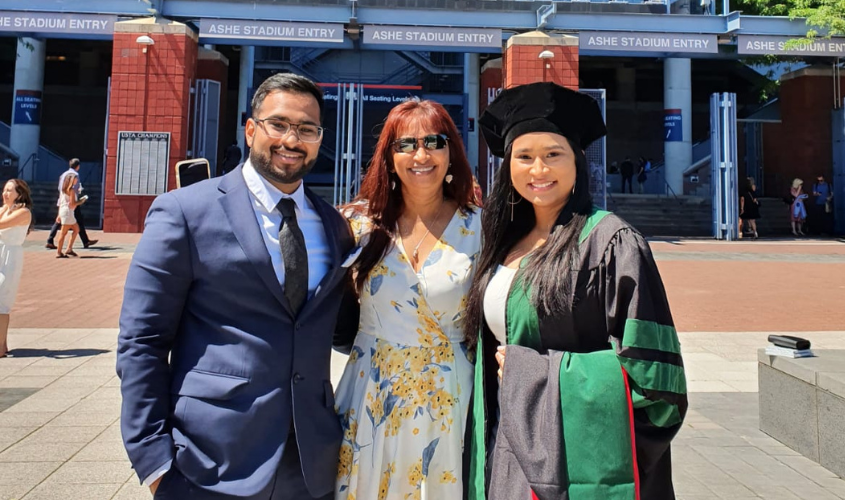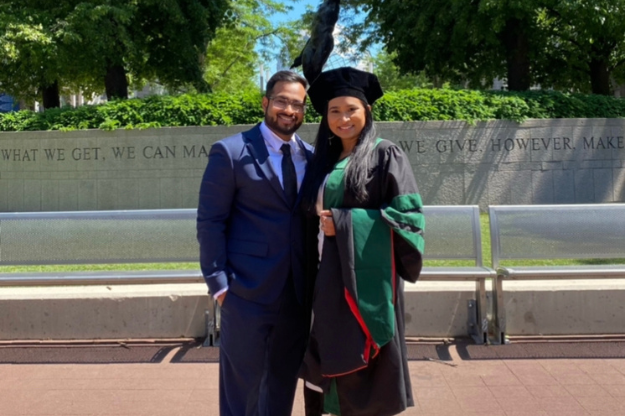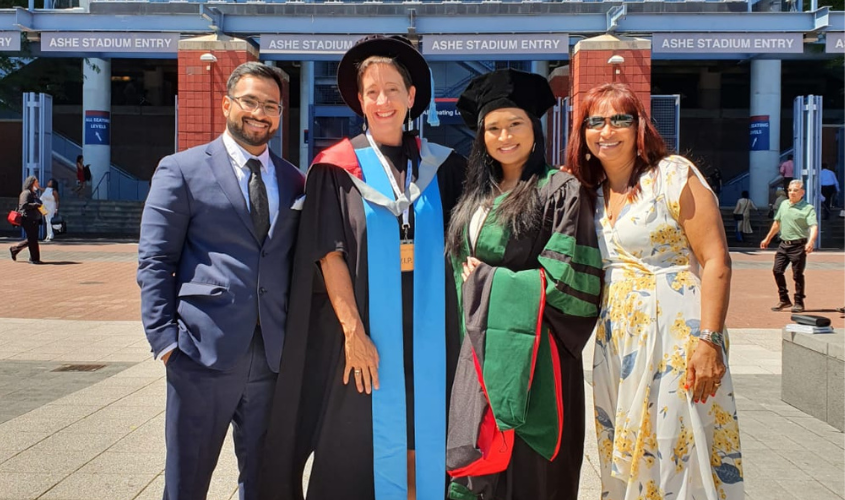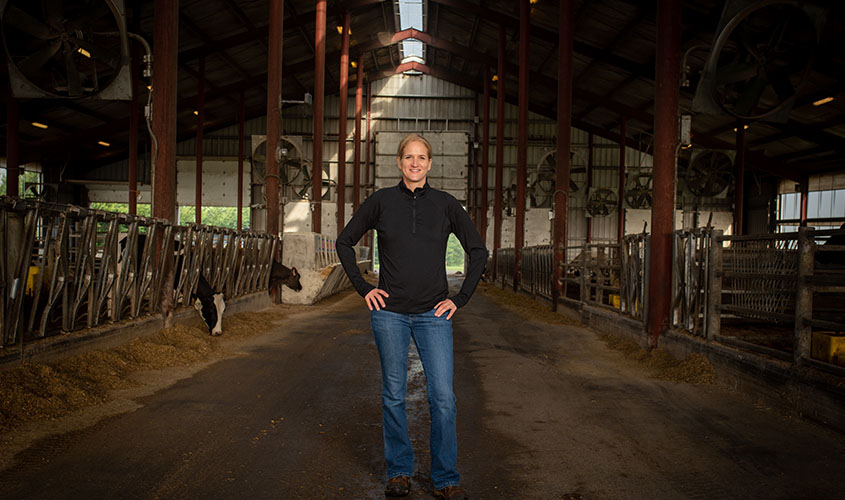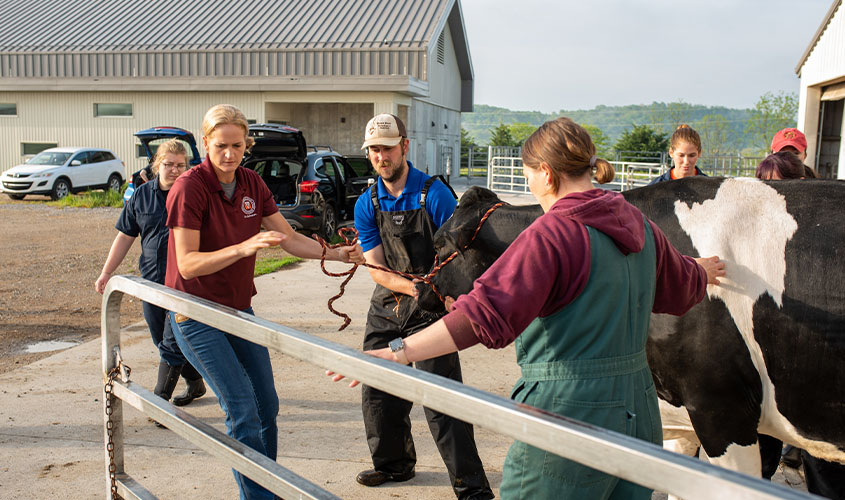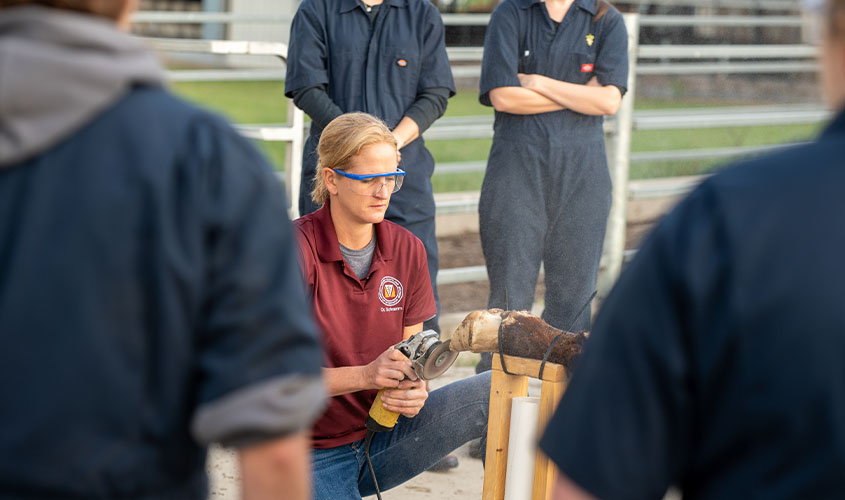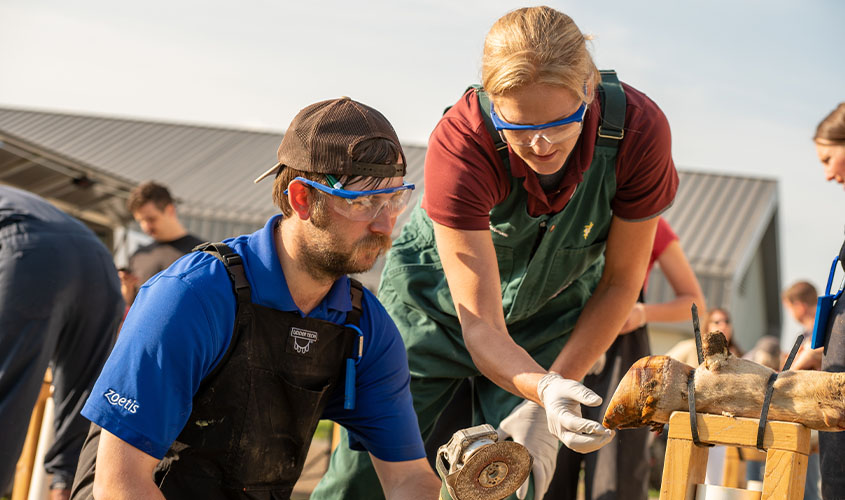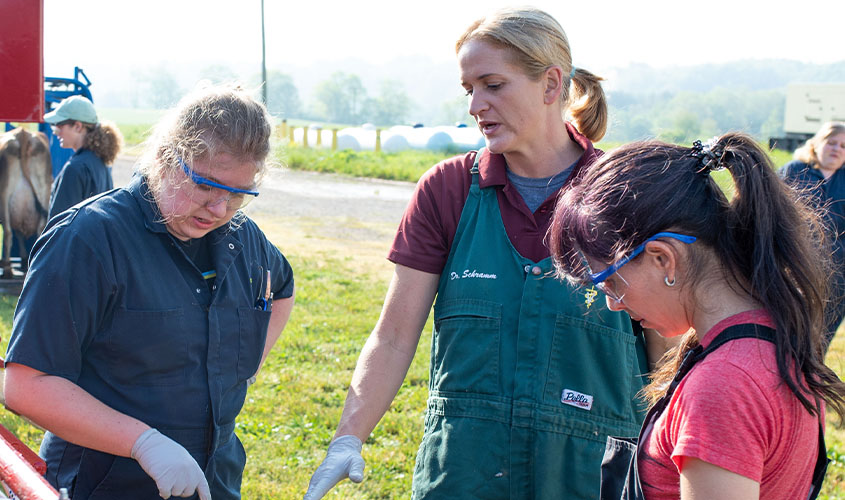Reflecting on 2022: 5 stories that highlighted the School of Medicine community
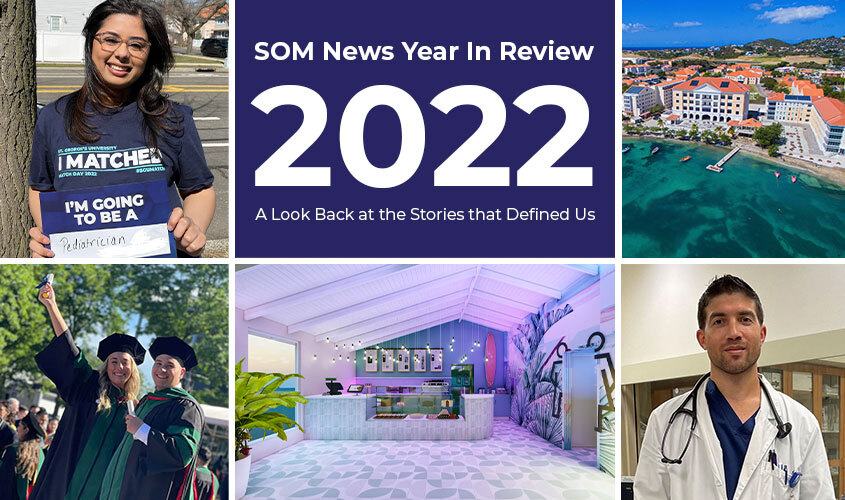
From commencement celebrations to students securing highly competitive residency positions to groundbreaking medical procedures pioneered by graduates, the St. George’s University School of Medicine community made its mark in 2022.
In a year full of significant news, these stories came out on top:
Commencement 2022
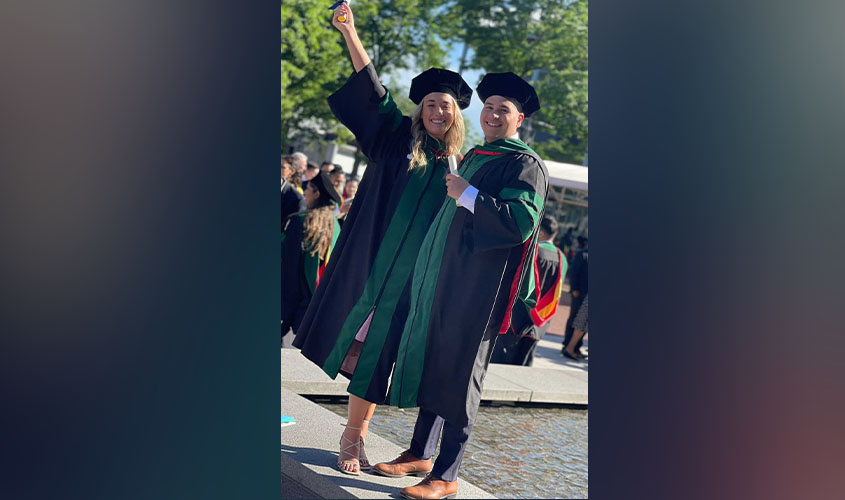
After two years of virtual celebrations, the School of Medicine celebrated its 41st commencement in June at the Arthur Ashe Stadium at the USTA Billie Jean King National Tennis Center in Queens, NY.
Despite the challenges of the COVID pandemic, SGU’s newest physicians joined a network of more than 20,000 alumni practicing in the United States and around the world.
View on Instagram: Relive the excitement of the SOM commencement ceremonies
School of Medicine reaffirms accreditation
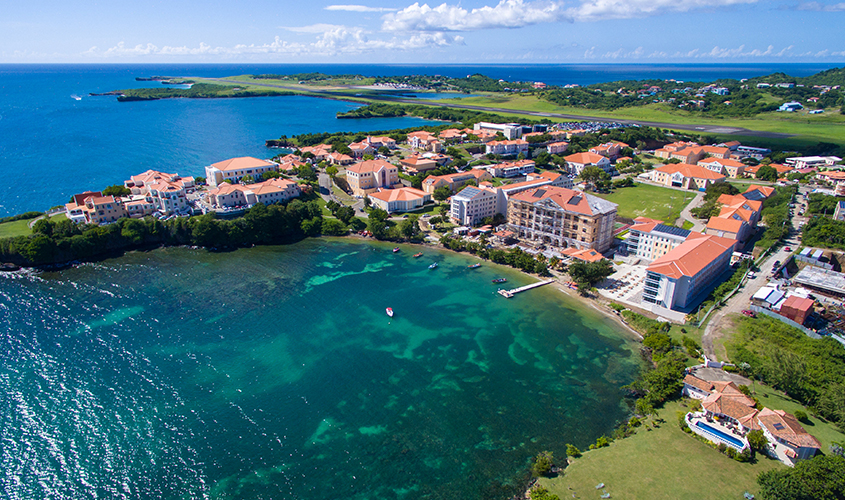
This fall, the accrediting body of SGU’s School of Medicine, the Grenada Medical and Dental Council (GMDC), was recognized by the World Federation of Medical Education (WFME) for the full 10 years through September 2032.
This recognition allows SGU students to continue to meet the standards set by the Educational Commission for Foreign Medical Graduates (ECFMG), setting them up for success when applying for certification to participate in the National Residency Matching Program (NRMP).
What does it mean for students? Read: Medical School Accreditation: Everything You Need to Know
Match Day 2022
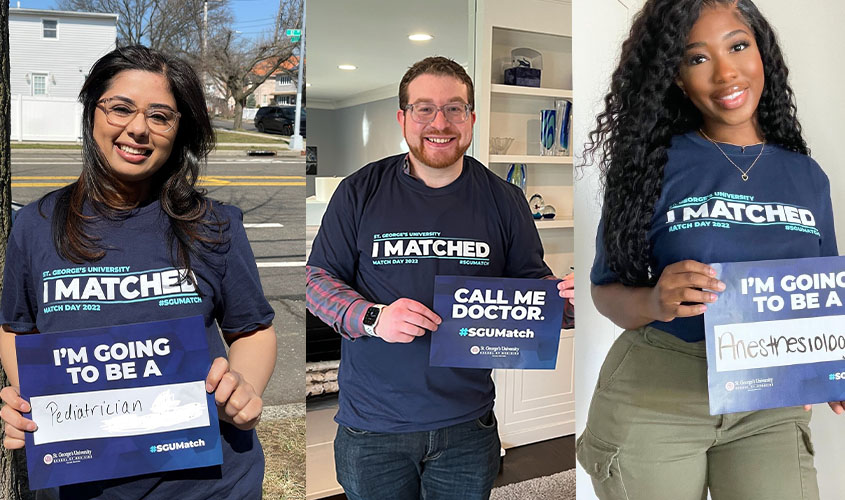
For hundreds of SGU School of Medicine students, the wait was most certainly worth it as they found out where they will take the next step in their careers during residency training.
This year, SGU students matched into first-year residency positions across a variety of specialties throughout the US. Over the summer, they began residency programs in a range of highly competitive specialties, including neurology, emergency medicine, surgery, and more, and shared what it felt like to receive the positive news that they matched and how they felt about starting residency.
Read: Soon-To-Be Physicians Share Their Excitement On Match Day 2022
Groundbreaking advancements in cardiology
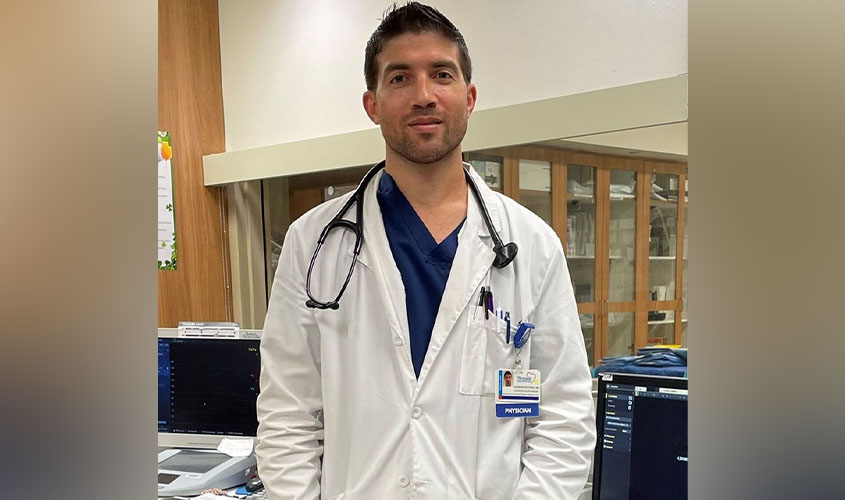
Through the use of robotics, interventional cardiologist and Grenadian national Adam Bierzynski, MD ’11, is moving the field of interventional cardiology forward within outpatient settings. He was among the team who performed the first-ever outpatient robotic percutaneous coronary intervention (PCI) at an ambulatory surgery center. Dr. Bierzynski shared with SGU why the procedure was groundbreaking, the potential life-saving capabilities of robotics within the cardiology field, and how his medical training set him up for success.
Read: Cardiologist From Grenada Pioneers Robotic Procedure In Outpatient Setting
Return to campus

For many students, the August term was either their first time on SGU’s iconic True Blue campus or their first time being back in Grenada since the beginning of the COVID-19 pandemic. In the meantime—the University was busy with several expansion and redevelopment projects in preparation for the return of the growing campus community. Check out what’s new—and in the works—on campus.
Read: Back To School: What’s New On The True Blue Campus
— Laurie Chartorynsky
